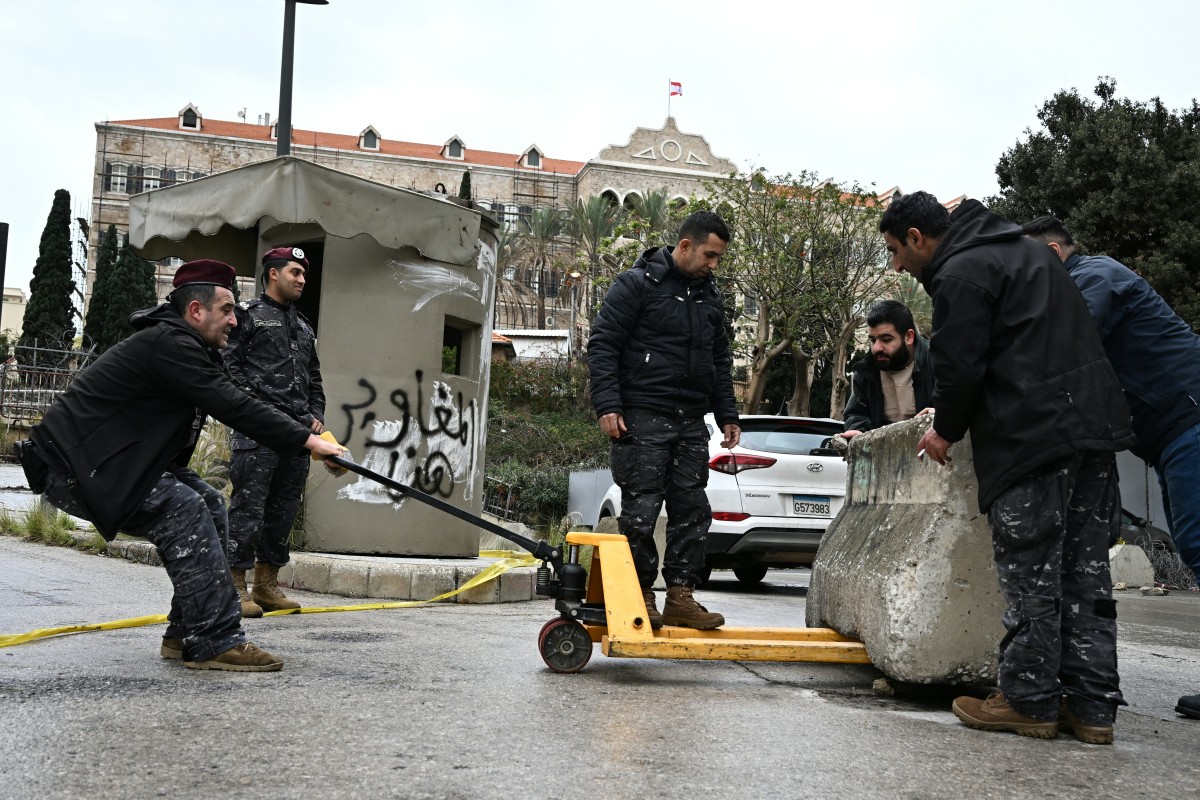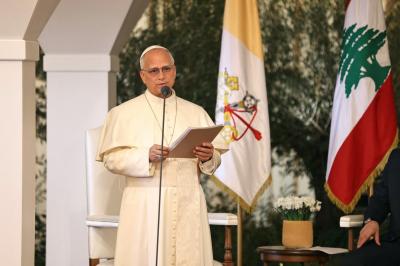Is this to be the fate of Beirut in every chapter of its political, social, economic, and even military life? Once again, the heart of the Lebanese capital is witnessing partial paralysis in its commercial activity due to recurring protests outside Parliament, accompanied by repeated closures of the crucial Bank Street and the return of concrete barriers that have long symbolized the capital’s isolation from its residents and visitors.
After strenuous efforts by local business owners to breathe life back into downtown Beirut—opening new shops, company branches, and reviving commercial streets—security and political disruptions have turned the scene on its head. Authorities continue to cite new pretexts for closing off vital roads, disrupting commercial traffic, reducing footfall, and dragging sales down.
“We’re exhausted. We’ve invested, renovated, and hired staff, and every time Parliament holds a session, we wake up to find the roads blocked as if we’re in a war zone. How are we supposed to survive? Who will compensate us?” says Fadi El Hajj (a pseudonym), who owns a clothing store in central Beirut.
Samia El Khoury (also a pseudonym), who recently opened a café near Nejmeh Square, adds:
“Our customers include nearby employees, tourists, and residents. But every time the roads are closed, we lose at least a day, sometimes more. People have started avoiding the area altogether out of fear of tensions.”
The issue, however, is not the protests themselves, but how the authorities choose to handle them. The right to protest is protected, but using it as a pretext to shut down a vital artery like Bank Street—an economic lifeline of the city—only worsens Lebanon’s long-running commercial crisis.
Moreover, repeatedly holding parliamentary sessions in such a densely packed commercial district is no longer justifiable. Alternative venues like UNESCO Palace have already proven to be secure, accessible options for hosting parliamentary meetings without paralyzing the capital’s markets.
Suggested Solutions:
- Relocate parliamentary sessions to UNESCO Palace or any other venue outside key commercial areas to ease security burdens on downtown.
- Organize protests within designated zones that protect the right to demonstrate while maintaining public mobility and business continuity.
- Involve Beirut Municipality and the Chamber of Commerce in security coordination to ensure businesses can remain open during parliamentary sessions.
- Provide temporary tax breaks or financial compensation to businesses affected by repeated closures.
- Create a joint crisis unit between local business owners and security forces to monitor ground-level impacts and propose swift, adaptive solutions.
Downtown Beirut is not just a political hub—it’s the beating heart of history, culture, and commerce. What’s unfolding today is stripping it of its commercial identity and driving away the entrepreneurs who once believed in its revival. The time has come for a clear political decision: Do we want to revive downtown Beirut as a living economic center, or will we leave it hostage to political bickering and chaotic security decisions?
Please post your comments on:
[email protected]
 Politics
Politics













